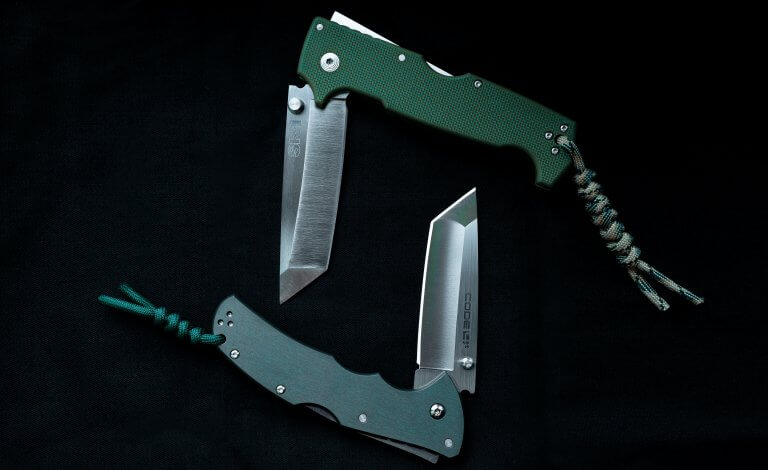Criminal Defence Factsheets
New South Wales has implemented a range of legislation to regulate the possession, use, and sale of knives. This factsheet outlines some of the key laws related to knives in NSW and provide a brief explanation of each law.
A knife-related offence is defined as an offence under sections 11B, 11C or 11E or any other offence punishable by imprisonment for 2 years or more if a knife was used in its commission.
Jump To
11B Custody of offensive implement
- It is illegal to have an offensive implement in one’s custody in a public place or school without a reasonable excuse.
- The court may order the forfeiture of the offensive implement to the Crown in addition to any penalty imposed.
- An offensive implement is defined as anything made or adapted for causing injury to a person, or anything intended by the person having custody to be used to injure or menace a person or damage property.
11C Custody of knife in public place or school
prohibits a person from having a knife in their custody in a public place or school without a reasonable excuse.
The maximum penalty for this offence is 20 penalty units or imprisonment for 2 years, or both.
- lawful pursuit of occupation
- education or training
- preparing or consuming food or drink
- participating in a lawful entertainment
- recreation or sport
- exhibiting knives for retail or other trade purposes
- wearing an official uniform
- genuine religious purposes.
- The regulations can prescribe other reasonable excuses for carrying a knife.
- Carrying a knife solely for the purpose of self-defence or the defence of another person is not a reasonable excuse under this section.
11D Parents who allow children to carry knives
- Section 11D makes it an offence for a parent to knowingly authorise or permit a child under the age of 18 to carry a knife in a public place or school.
- The liability of the child for the offence is not affected by this section.
- If the same act or omission constitutes an offence under both this section and section 11 of the Children (Protection and Parental Responsibility) Act 1997, the offender will not be punished twice for the same act or omission.
- “Parent” is defined as having the same meaning as in the Children (Protection and Parental Responsibility) Act 1997.
Maximum penalty for the offence is 5 penalty units. The parent may be charged and prosecuted under this section regardless of whether the child has been charged under section 11C.
11E Wielding of knives in a public place or school
- Section 11E deals with wielding knives in a public place or school.
- It is an offence for a person to use or carry a knife that is visible in the presence of any person in a public place or school in a manner that would cause a person of reasonable firmness present to fear for their safety.
- Proof of a reasonable excuse lies on the person accused of the offence.
- It is not necessary for a person of reasonable firmness to actually be present at the scene or likely to be present.
- The maximum penalty for this offence is 50 penalty units or imprisonment for 2 years.
11F Sale of knives to children
- It is an offence to sell a knife to a child under 16 years old.
- The seller can use a defence that they reasonably believed the child was over 16.
- If an employee sells a knife to a child, the employer is also considered to have contravened the offence.
- The regulations may exempt certain classes or types of knives from this section.
- The maximum penalty for this offence is 50 penalty units
29A Penalty notices: custody of knives in public place or school
This section supplements other provisions of the Act and related legislation.
- Police officers can serve an offender with a notice if they suspect the offender has committed an offence under section 11C.
- The notice informs the offender that they can avoid court proceedings by paying a prescribed amount within a specified time frame.
- If the offender pays the prescribed amount, they are not liable for any further proceedings related to the alleged offence.
- Payment of the prescribed amount does not constitute an admission of liability and does not affect any civil claims arising from the incident.
- A notice can only be issued if the offender has not previously been dealt with for a knife-related offence.

Legislation can be found in the Summary Offences Act 1988
How we Can Help
If you have been charged with a knife offence in NSW or any state of Australia, Contact us to navigate your legal options.
Our criminal solicitors are experienced in writing representations to the police to have knife charges withdrawn, an example is when clients has had a blade on their key chain.

